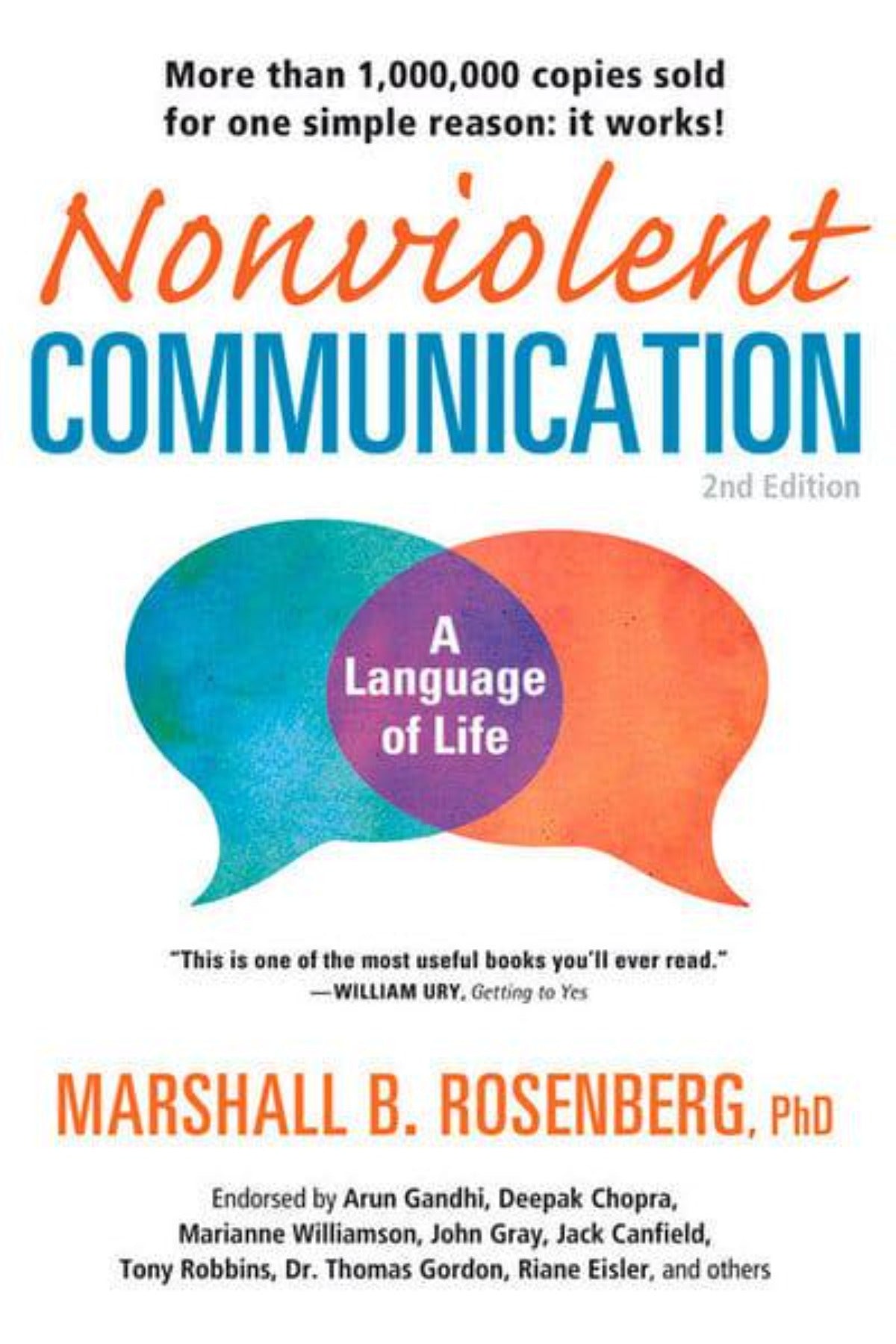Nonviolent Communication: A Language of Life
Couldn't load pickup availability
What is Violent Communication?
If "violent" means acting in ways that result in hurt or harm, then much of how we communicate--judging others, bullying, having racial bias, blaming, finger pointing, discriminating, speaking without listening, criticizing others or ourselves, name-calling, reacting when angry, using political rhetoric, being defensive or judging who's "good/bad" or what's "right/wrong" with people--could indeed be called "violent communication."
What is Nonviolent Communication? Nonviolent Communication is the integration of four things:
- Consciousness: a set of principles that support living a life of compassion, collaboration, courage, and authenticity
- Language: understanding how words contribute to connection or distance
- Communication: knowing how to ask for what we want, how to hear others even in disagreement, and how to move toward solutions that work for all
- Means of influence: sharing "power with others" rather than using "power over others"
Nonviolent Communication serves our desire to do three things:
- Increase our ability to live with choice, meaning, and connection
- Connect empathically with self and others to have more satisfying relationships
- Sharing of resources so everyone is able to benefit


